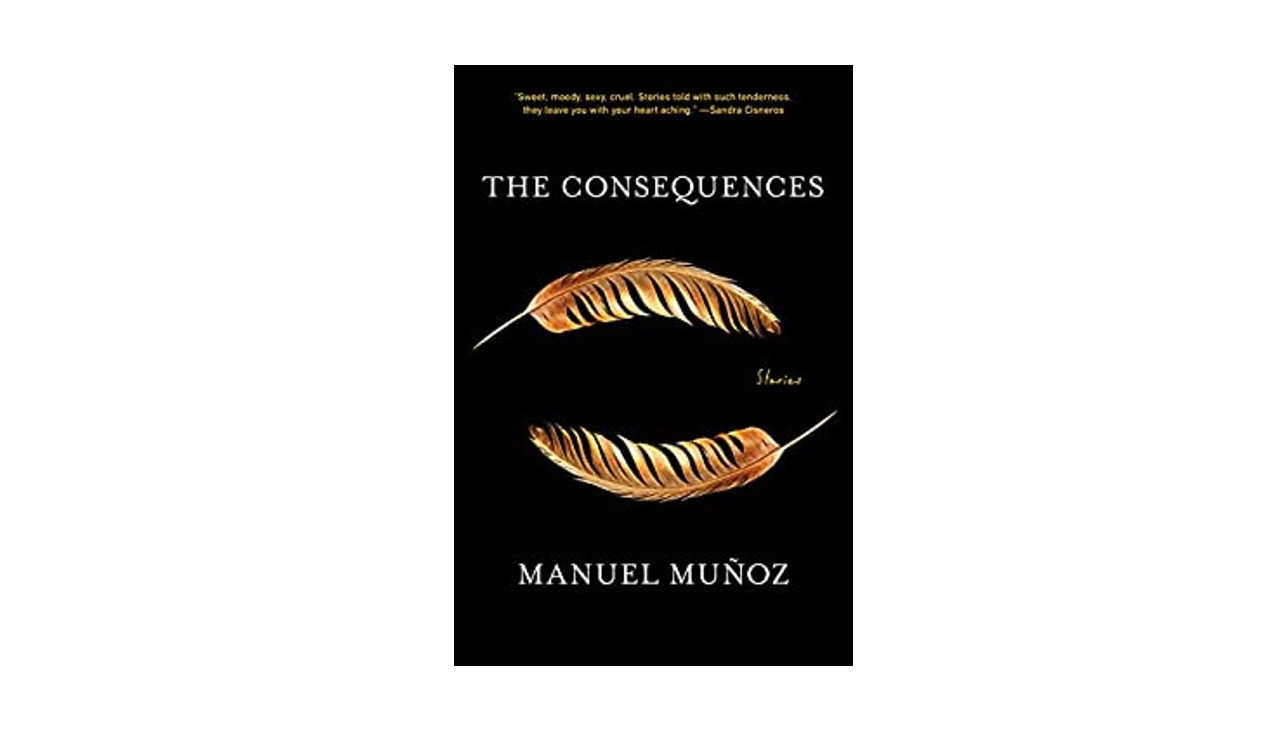
Giving a voice to Central Valley Mexican farmers
Born to Mexican migrants, Manuel Muñoz’s third book compiles shimmering stories set in his native California’s Central Valley
Born into a family of Mexican farm workers from Dinuba, California, and a first-generation college student, Manuel Muñoz has become an important chronicler of migrant workers, seekers, and dreamers in the Central Valley, California, where he was born and raised.
After graduating from high school, he moved to Boston to receive a bachelors from Harvard University and then pursued his studies in English and creative writing in the MFA program at Cornell University.
In 2003 he published Zigzagger (Northwestern University Press’s Latino Voices imprint), a debut collection of stories which documents the queer lives of characters struggling to maintain hope and independence in the face of the region’s isolation.
RELATED CONTENT
In 2007 he published his second collection, The Faith Healer of Olive Avenue, where he continued his exploration of rural California, presenting the small valley communities as a complex interweaving of lives and unexpected crossings. From a set of triplets with three distinct fates to a father who places his hopes — and his life savings — in the hands of a curandera, the stories reveal a community that is both embracing and unforgiving, harboring a truth about the nature of home: you always live with its history.
Last year, he launched his third collection, The Consequences (Graywolf Press, 2022), a set of stories mostly set in the 1980s in the small towns that surround Fresno, and many of them inspired by the ones his parents had long told him about their youth.
With an unflinching hand, he depicts the Mexican and Mexican American farmworkers who put food on our tables but are regularly and ruthlessly rounded up by ICE, and the quotidian struggles and immense challenges faced by their families. The messy and sometimes violent realities navigated by his characters ― straight and gay, immigrant and American-born, young and old ― are tempered by moments of surprising, tender care: Two young women meet on a bus to Los Angeles to retrieve husbands who must find their way back from the border after being deported; a gay couple plans a housewarming party that reveals buried class tensions; a teenage mother slips out to a carnival where she encounters the father of her child; the foreman of a crew of fruit pickers finds a dead body and is subsequently ― perhaps literally ― haunted.
"I write fiction because I am often trying to get at the emotional mystery of a glance or an unspoken exchange or a decision made in a moment. Whatever might reside in the unsayable has always seemed most potent to me,” the author wrote in a recent essay in Literary Hub.
Muñoz is a three-time winner of the prestigious O Henry award for short stories.












LEAVE A COMMENT:
Join the discussion! Leave a comment.